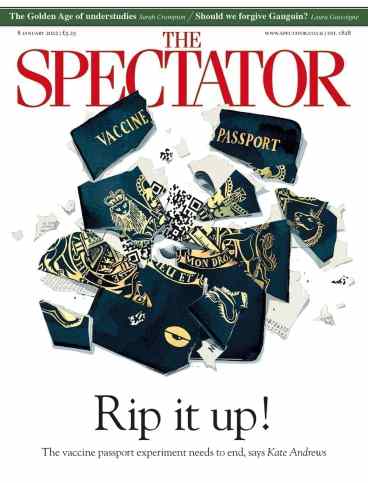The horrors of 1922 included atrocities, assassinations and the rise of Mussolini
Sixty years ago the Daily Express ran a regular feature entitled ‘Just Fancy That!’ Each short segment highlighted some strange coincidence or weird incident that would hook readers’ interests. Human oddities, unlucky mischances, freaks of nature and improbable statistics were dealt out every day. It made for easy reading, but sometimes gave pause for thought.











